
Medical workers visit rural residents in Congjiang, Guizhou province, on Jan 7, 2023 to prevent and treat COVID-19 infections. (Photo by Lu Zhongnan/For China Daily)
After infection peak, authorities remain on alert to safeguard most vulnerable
Authorities have pledged to continue to prioritize seniors and young children in rural areas as the group that needs the most protection against COVID-19, even though the virus had subsided nationwide.
The weeklong Spring Festival holiday, which officially ended on Jan 27, didn't cause a spike of COVID-19 infections in thinly resourced rural areas as experts had feared, and the risk for the virus to further spread among farmers was described by a senior agricultural official on Friday as low.
The official, Wu Hongyao, deputy director of the Office of the Central Rural Work Leading Group and a senior Party official at the Ministry of Agriculture and Rural Affairs, came to the conclusion based on local health data.
He told a teleconference with rural affairs officials from across the country that new COVID-19 cases are dropping steadily in the countryside regardless of increased gatherings and the typical mass migrations during the Chinese New Year festivities.
However, Wu urged officials to still monitor the "left-behind" older adults and young children in the countryside, as well as rural nursing home residents as their younger relatives left to go back to cities for work after the holiday.
Efforts must be made to ensure such groups have adequate support and monitoring so as to prevent "incidents that test the bottom line of social morals" from happening.
For months, Chinese rural areas, where hospitals lag behind cities in aspects including critical-care resources and highly trained doctors, have been referred to as a weak point in the fight against the elusive Omicron variant.
The demographics there — a large portion of older people who are tasked with taking care of grandchildren left behind by young couples working in cities — have added another layer of challenge.
China had 121 million rural residents age 60 and older in 2020, accounting for 23.8 percent of rural residents and higher than the national average of 18.7 percent, according to the last national census data. That means roughly one in every four rural residents falls in that age group.
Health officials have said that people age 65, 75 and 85 are respectively five, seven and nine times more likely to descend into life-threatening conditions when infected with COVID-19.
With that in mind, places from the wealthier coastal Zhejiang province to the rust belt Heilongjiang province have revved up support for such groups in hopes that they can get timely treatment.
In addition to prioritizing the needs for antiviral drugs in rural areas when supplies ran low, Zhejiang also turned to neighborhood officials and Party members in villages for help.
Official figures showed that some 267,000 such officials had increased their oversight for vulnerable groups in 19,771 villages across the province by Jan 14.
Some 245,000 villagers age 65 and above and 30,000 children younger than 14 were covered by the program. Some 100,000 vehicles were mobilized to deliver medicines or help purchase basic living necessities.
In the run-up to Spring Festival, Heilongjiang province arranged 20"mobile hospitals" to offer health services in far-flung regions.
The vehicles, carrying electrocardiograms, oximeters and biochemical testing devices, were reported by media to be part of a drive to care for seniors and children amid the surge of COVID-19 infections.
The Tencent Foundation, which is controlled by the namesake internet giant, donated some 150 million yuan ($22 million) in recent months in support of COVID-19 control in some 20,000 nursing homes and 160 formerly impoverished counties across the country.
The money was used to buy finger oximeters and oxygenerators, and hand out epidemic control packages containing hand sanitizer and fever reducers to the elderly and children.










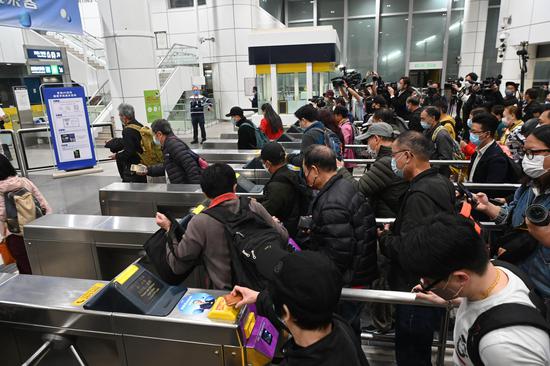
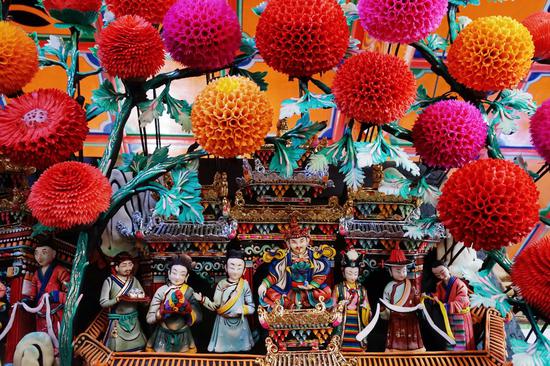
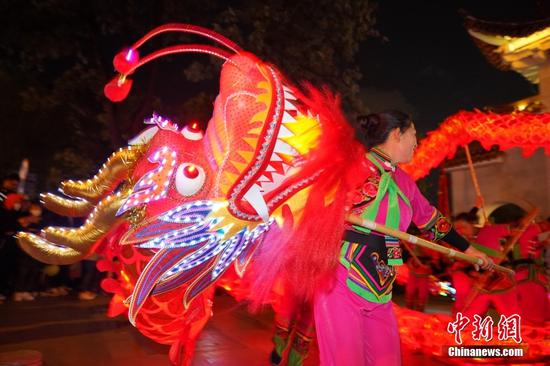
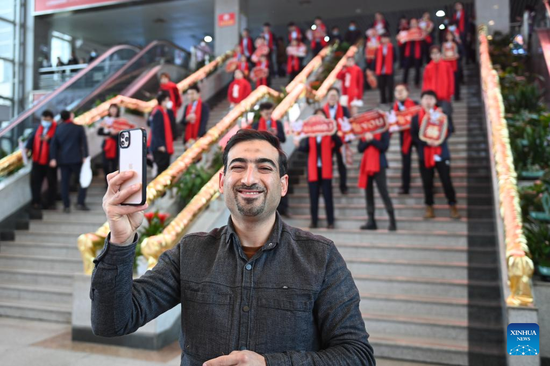










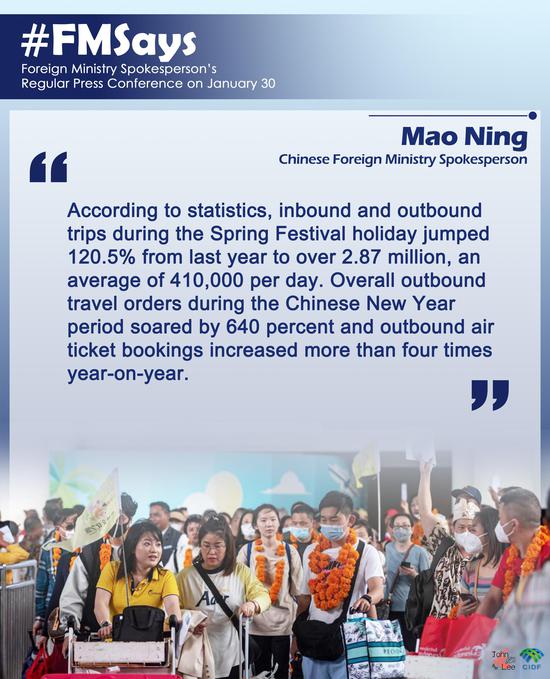


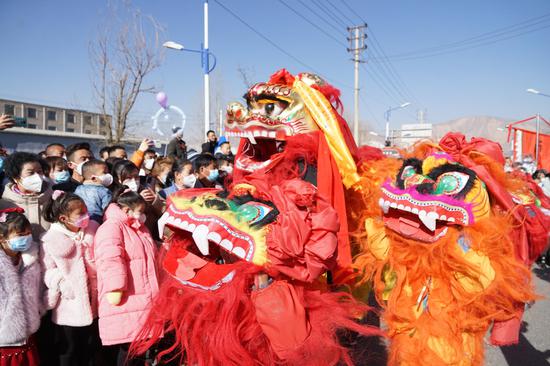

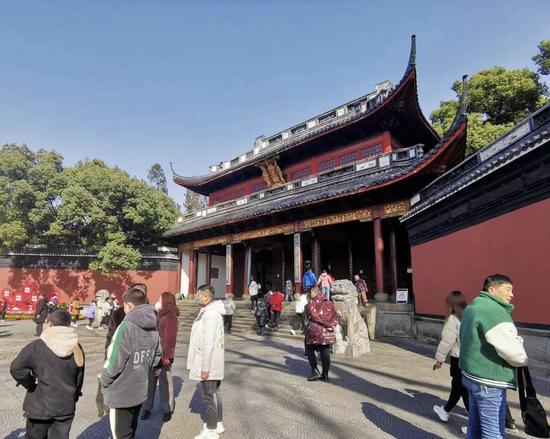
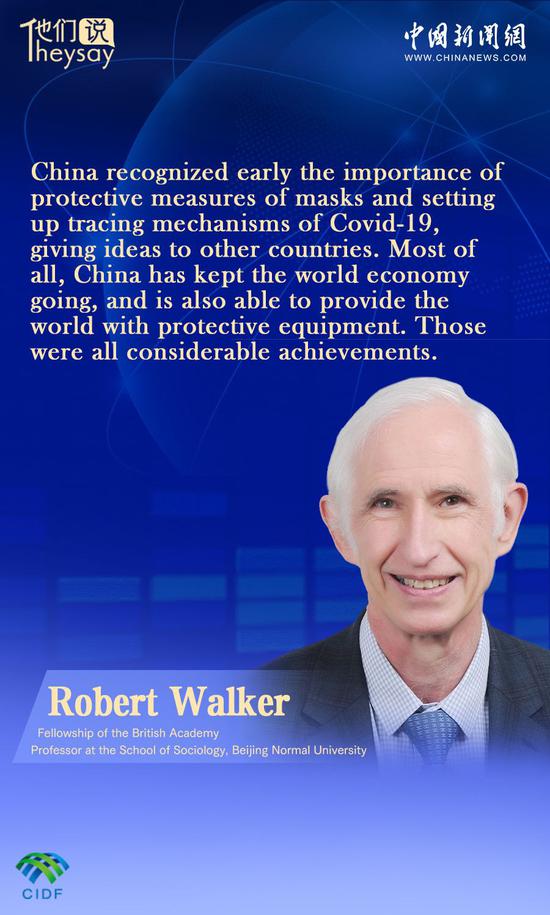






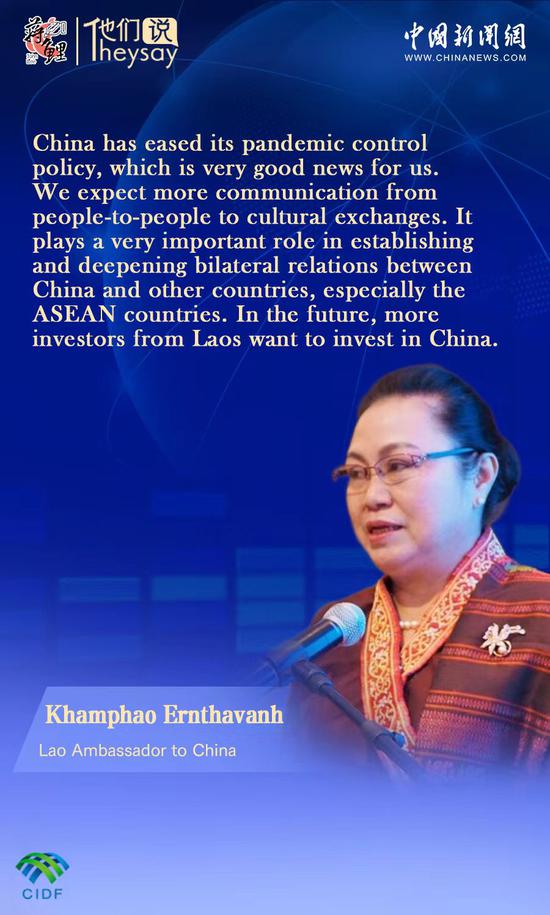


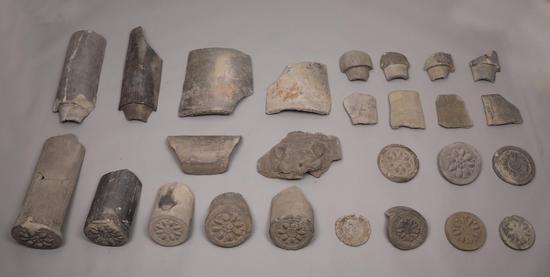
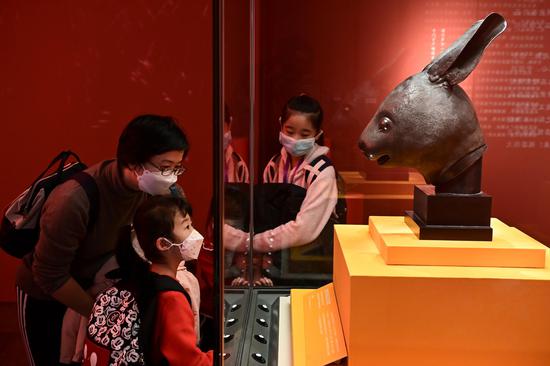








 京公網(wǎng)安備 11010202009201號(hào)
京公網(wǎng)安備 11010202009201號(hào)